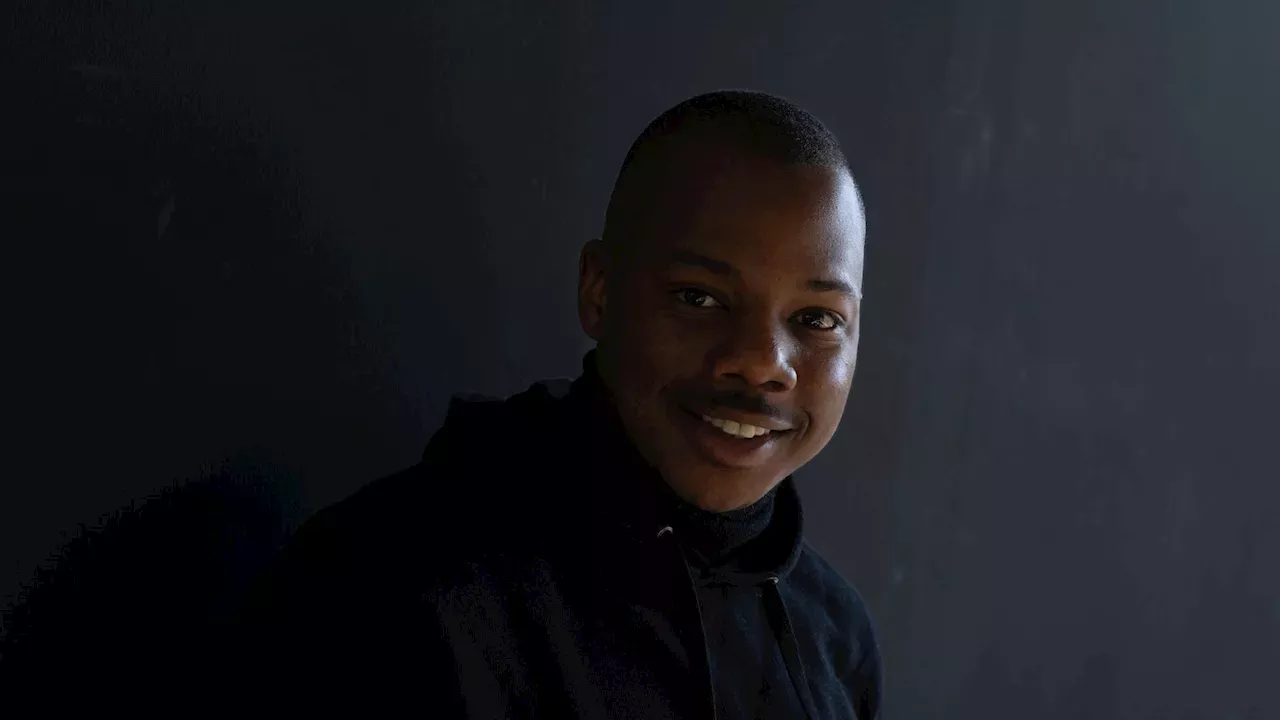Michael Musandu, a co-founder and CEO of AI fashion company Lalaland.ai, poses for a portrait in Amsterdam, Netherlands, Friday, March 8, 2024. In March 2023, iconic denim brand Levi Strauss & Co. announced that it would be testing AI-generated models produced by the Amsterdam-based company to add a wider range of body types and underrepresented demographics on its website.
“Fashion is exclusive, with limited opportunities for people of color to break in,” said Sara Ziff, a former fashion model and founder of the Model Alliance, a nonprofit aiming to advance workers’ rights in the fashion industry. “I think the use of AI to distort racial representation and marginalize actual models of color reveals this troubling gap between the industry’s declared intentions and their real actions.
Meanwhile, spokespeople for Nieman Marcus, H&M, Walmart and Macy's said their respective companies do not use AI models, although Walmart clarified that “suppliers may have a different approach to photography they provide for their products but we don’t have that information.” The technology is actually creating new jobs, since Lalaland.ai pays humans to train its algorithms, Musandu said.
Wilson took the experience as a lesson and transformed The Diigitals to make sure Shudu — who has been booked by Louis Vuitton and BMW — didn’t take away opportunities but instead opened possibilities for women of color. Alexsandrah, for instance, has modeled in-person as Shudu for Vogue Australia, and writer Ama Badu came up with Shudu’s backstory and portrays her voice for interviews.
